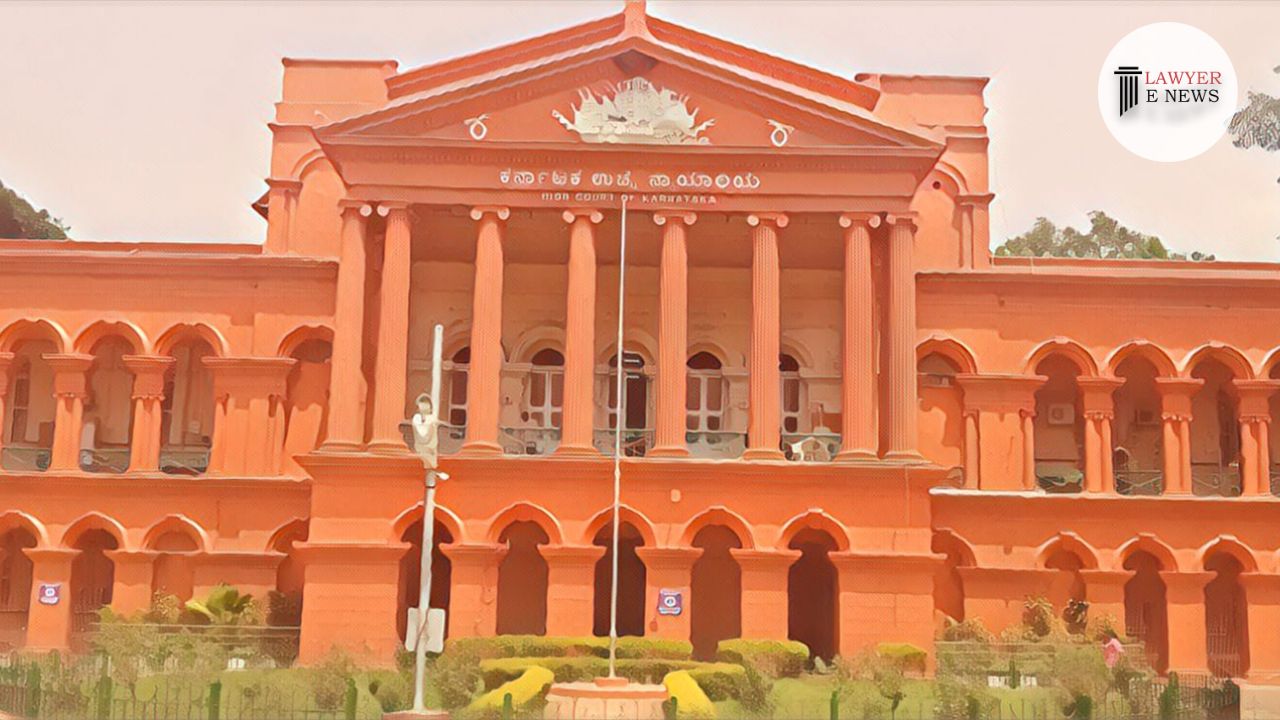-
by Admin
15 February 2026 2:36 AM



Justice Rachaiah emphasizes need for substantial proof of transaction, overturns conviction under Section 138 of the Negotiable Instruments Act.
In a notable decision, the Karnataka High Court acquitted M.R. Narasimha Murthy, who had been previously convicted for an offence under Section 138 of the Negotiable Instruments Act. Justice S. Rachaiah set aside the concurrent findings of the lower courts, citing insufficient evidence to substantiate the complainant's claims regarding the sale of tyres.
Facts of the Case:
The case originated from a business transaction between M/S Sam Tourist, represented by Narasimha Murthy, and M/S Elgi Rubber Company Limited. Murthy was accused of issuing cheques worth Rs. 4,49,000 to Elgi Rubber for the purchase of tyres. These cheques were subsequently dishonored due to insufficient funds, leading to a legal notice and eventually a complaint filed under the Negotiable Instruments Act. The trial court convicted Murthy, a decision upheld by the appellate court. Murthy then filed a criminal revision petition challenging these judgments.
Court Observations and Views:
Evidence and Documentation:
Justice Rachaiah observed significant gaps in the evidence presented by the complainant. Although the complainant alleged that tyres worth Rs. 4,49,000 were supplied and cheques were issued as payment, there were no invoices or relevant documents produced to substantiate this claim. "The absence of material documents to prove the transaction raises serious doubts about the complainant's case," the court noted.
Presumption under the Negotiable Instruments Act:
The court acknowledged the presumption of liability under Section 139 of the Negotiable Instruments Act, which protects the complainant once the issuance of cheques is admitted. However, Justice Rachaiah emphasized that this presumption is rebuttable. In this case, the accused argued that the cheques were issued as security for other transactions, not as payment for a specific debt. The court found this defense credible, especially given the lack of documentary evidence from the complainant.
Cross-Examination and Admissions:
During cross-examination, the complainant admitted to not having any invoices or documentation to prove the sale of tyres. Furthermore, the complainant's statements regarding the payment of taxes like KST and CST for the alleged sale were not supported by evidence. "The admissions made by the complainant during cross-examination significantly weaken the prosecution's case," Justice Rachaiah stated.
Legal Reasoning:
Justice Rachaiah highlighted the necessity of cogent evidence to support claims in cheque bounce cases. "Mere possession of cheques does not create a liability. The complainant must provide substantial proof of the transaction that led to the issuance of the cheques," the court remarked. The judgment underscored that in the absence of such proof, the presumption of liability stands rebutted.
Quotes from the Judgment:
Justice Rachaiah pointedly noted, "The concurrent findings of the lower courts are erroneous due to the lack of appreciation of evidence and misapplication of the law under the Negotiable Instruments Act."
Conclusion:
The Karnataka High Court's decision to acquit Narasimha Murthy underscores the critical importance of thorough and credible documentation in cases involving financial transactions and the issuance of cheques. This judgment sets a precedent emphasizing that the burden of proof cannot be shifted solely based on presumptions without substantial evidence. The ruling is likely to impact how future cheque bounce cases are argued and adjudicated, reinforcing the necessity for complainants to substantiate their claims with concrete evidence.
Date of Decision: May 7, 2024
M.R. Narasimha Murthy vs. M/S Elgi Rubber Company Limited
